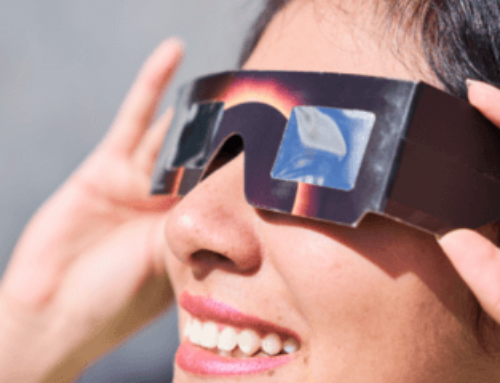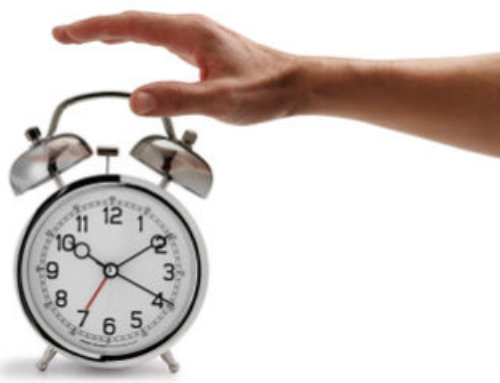FOR IMMEDIATE RELEASE
CONTACT: Media Relations, 630-737-9700, media@aasm.org
DARIEN, IL – A new study is the first to identify specific coping behaviors through which stress exposure leads to the development of insomnia.
Results show that coping with a stressful event through behavioral disengagement – giving up on dealing with the stress – or by using alcohol or drugs each significantly mediated the relationship between stress exposure and insomnia development. Surprisingly, the coping technique of self-distraction – such as going to the movies or watching TV – also was a significant mediator between stress and incident insomnia. Furthermore, the study found that cognitive intrusion – recurrent thoughts about the stressor – was a significant and key mediator, accounting for 69 percent of the total effect of stress exposure on insomnia.
“Our study is among the first to show that it’s not the number of stressors, but your reaction to them that determines the likelihood of experiencing insomnia,” said lead author Vivek Pillai, PhD, research fellow at the Sleep Disorders & Research Center at Henry Ford Hospital in Detroit, Michigan. “While a stressful event can lead to a bad night of sleep, it’s what you do in response to stress that can be the difference between a few bad nights and chronic insomnia.”
Study results are published in the July 1 issue of the journal Sleep.
The study involved a community-based sample of 2,892 good sleepers with no lifetime history of insomnia. At baseline the participants reported the number of stressful life events that they had experienced in the past year, such as a divorce, serious illness, major financial problem, or the death of a spouse. They also reported the perceived severity and duration of each stressful event. Questionnaires also measured levels of cognitive intrusion and identified coping strategies in which participants engaged in the seven days following the stressful event. A follow-up assessment after one year identified participants with insomnia disorder, which was defined as having symptoms of insomnia occurring at least three nights per week for a duration of one month or longer with associated daytime impairment or distress.
“This study is an important reminder that stressful events and other major life changes often cause insomnia,” said American Academy of Sleep Medicine President Dr. Timothy Morgenthaler. “If you are feeling overwhelmed by events in your life, talk to you doctor about strategies to reduce your stress level and improve your sleep.”
According to the authors, the study identified potential targets for therapeutic interventions to improve coping responses to stress and reduce the risk of insomnia. In particular, they noted that mindfulness-based therapies have shown considerable promise in suppressing cognitive intrusion and improving sleep.
“Though we may not be able to control external events, we can reduce their burden by staying away from certain maladaptive behaviors,” said Pillai.
The American Academy of Sleep Medicine reports that short-term insomnia disorder lasting less than three months occurs in 15 to 20 percent of adults and is more prevalent in women than in men.
The research was performed under the supervision of Thomas Roth, PhD, and Christopher Drake, PhD, in the Sleep & Research Center at Henry Ford Hospital in Detroit. The study was supported by funding from the National Institute of Mental Health (NIMH) of the National Institutes of Health (NIH).
To request a copy of the study,“Moderators and mediators of the relationship between stress and insomnia: stressor chronicity, cognitive intrusion, and coping,” or to arrange an interview with the study author or an AASM spokesperson, please contact Media Relations at 630-737-9700 or media@aasm.org.
The monthly, peer-reviewed, scientific journal Sleep is published online by the Associated Professional Sleep Societies LLC, a joint venture of the American Academy of Sleep Medicine and the Sleep Research Society. The AASM is a professional membership society that improves sleep health and promotes high quality patient centered care through advocacy, education, strategic research, and practice standards (www.aasm.org). A searchable directory of AASM accredited sleep centers is available at www.sleepeducation.org.








